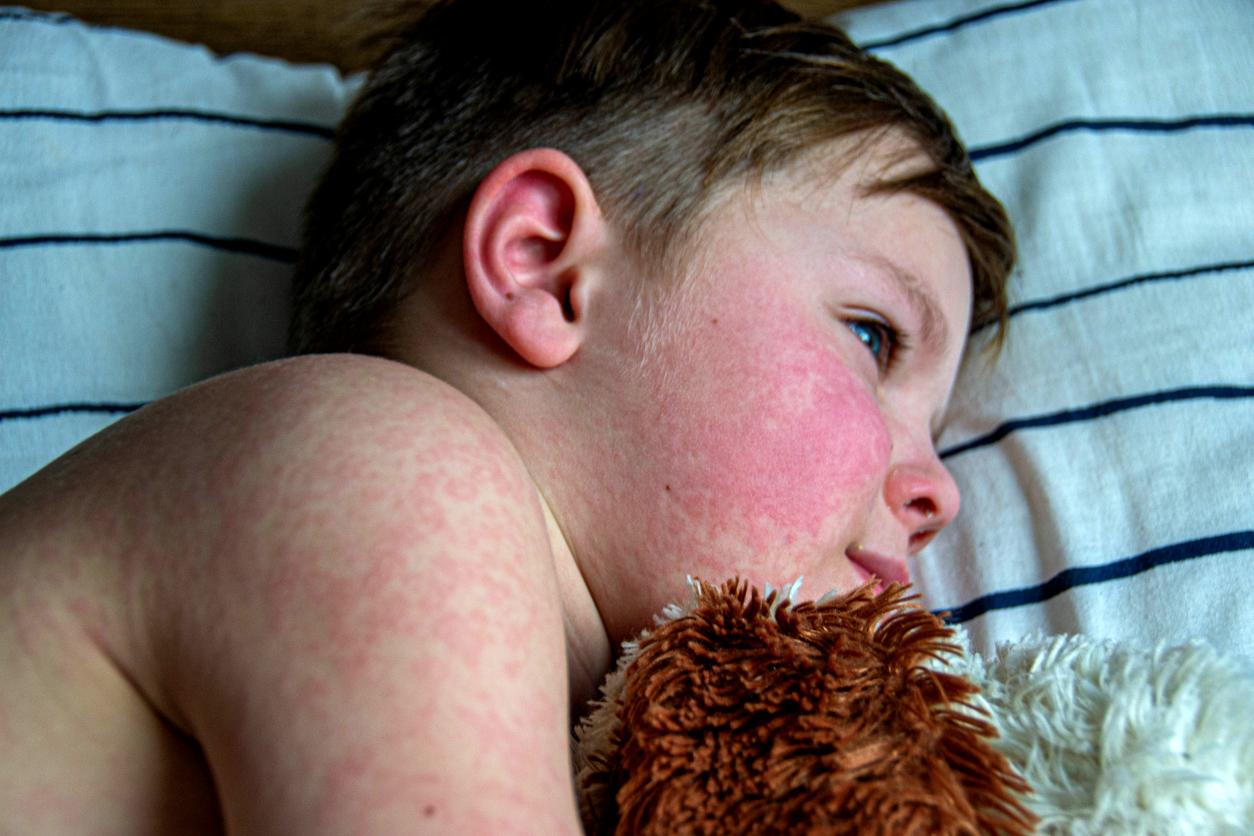Amid a small but steady rise in infections nationally, Chicago has now reported 12 measles cases, 10 of them linked to people who recently arrived at a local migrant shelter.
In a weekly update, the Chicago Department of Public Health said 6 of the cases involve children and 6 are in adults. A local media report said 2 of the patients had attended separate Chicago public schools, 1 of them reportedly a child who is staying at the migrant shelter.
The head of Chicago Public Schools, Pedro Martinez, sent a letter to parents saying the district was working with health officials to determine vaccination status for all school-age children at the shelter. He also urged other school parents to ensure that students are up to date with their vaccinations.
A team from the Centers for Disease Control and Prevention (CDC) arrived in Chicago this week to support the outbreak response, which has included contact tracing, immunization at migrant shelters, and efforts to vaccinate people at the city's landing zone as they arrive in Chicago.
Illinois is among 17 US jurisdictions that have reported measles cases this year, part of a global rise in cases fueled partly by immunization gaps. As of March 8, the CDC had reported 45 cases, nearly as many for all of 2023.
Advice for travelers, misinformation
In other measles developments:
- The CDC recently made a few tweaks to its measles vaccination recommendations for international travelers, urging people to consult their doctors at least 6 weeks before travel if they are unsure of their vaccination status. The previous recommendation was 1 month before travel to allow vaccination, if needed.
- New data from ongoing Kaiser Family Foundation polling on health misinformation found that 82% of adults had not heard of or read the false claim that getting the measles vaccine is more dangerous than getting infected with measles. Among parents who had responded to the question in the poll in late February, almost one in five (19%) said they had heard the false claim. Of parents, 25% said the false claim is definitely or probably true, compared with 19% of all adults.




















